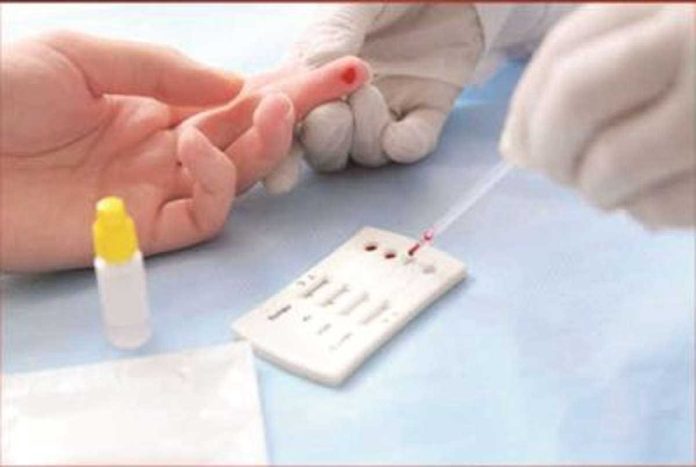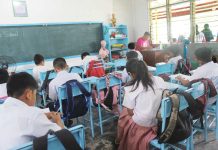
ILOILO City – As human immunodeficiency virus (HIV) infections continue to rise in the region, the Department of Health (DOH) in Western Visayas is ramping up efforts to dispel persistent myths and misinformation that hamper prevention and early detection.
“This is not just a public health issue; this is a battle against dangerous misconceptions,” DOH Region 6 said, emphasizing that misinformation acts like a “poison” that undermines efforts to control the spread of the virus.
HIV attacks the immune system, specifically CD4 cells, weakening the body’s ability to fight infections. If left untreated, it can develop into AIDS (Acquired Immunodeficiency Syndrome), where the body becomes extremely vulnerable to infections and cancers.
DOH-6 clarified that HIV cannot be transmitted through casual contact such as kissing, sharing food or utensils, sneezing, coughing, sweating, tears, urine, caring for someone with HIV, insect or animal bites, skin-to-skin contact like hugging or handshakes, and using shared amenities like toilets or swimming pools.
Instead, HIV is primarily transmitted through unprotected sex, sharing of needles, blood transfusion with infected blood, and from mother to child during pregnancy or breastfeeding.
Between January and September 2024, the region recorded 1,218 new HIV cases, with Iloilo Province, Iloilo City, and Negros Occidental accounting for the highest numbers — 274, 249, and 249, respectively, DOH-6 data showed.
Capiz followed with 131 cases, Bacolod City with 125, Aklan with 122, and Antique with 70.
To stop the spread of the virus, DOH-6 reiterated the importance of the “ABCDE + PU” prevention strategy:
* Abstinence
* Be faithful
* Consistent condom use
* Don’t do drugs
* Educate yourself
* Pre-exposure prophylaxis (PrEP)
* Undetectable = Untransmittable (U=U)
DOH-6 also stressed that HIV is not a disease exclusive to men.
“HIV can infect anyone regardless of age, gender, or sexual orientation,” it stressed.
While there is currently no cure for HIV/AIDS, the condition can be managed with Anti-Retroviral Therapy (ART), which slows down the virus’s progression and helps people with HIV live healthy lives.
DOH-6 is urging the public, especially individuals at high risk, to avail of free HIV testing, PrEP (pre-exposure prophylaxis) services, and contraceptives available at HIV treatment hubs across Western Visayas.
Based on DOH records from 1988 to March 2025, Iloilo Province has registered the highest number of HIV cases in Western Visayas with a total of 2,174 cases — accounting for 34 percent of the regional total.
Of these, 111 are newly diagnosed in the first three months of this year, with 40 cases recorded in March alone.
A total of 271 HIV-related deaths have been reported in the province since 1988, including 15 deaths from January to March 2025.
Of the total HIV cases in Iloilo Province, 96 percent are male.
The most affected group is those aged 25 to 34 (49%), followed by those aged 15 to 24 (31%), and 35 to 49 (18%).
The youngest patient diagnosed was just two years old; the oldest was 67.
The primary mode of transmission is male-to-male sex, accounting for 62 percent of total cases, followed by males having sex with both males and females (23 percent).
There have also been six cases of mother-to-child transmission.
DOH-6 warned that HIV is a “silent epidemic” — many infected individuals remain asymptomatic for years, unknowingly spreading the virus due to lack of testing and diagnosis./PN





